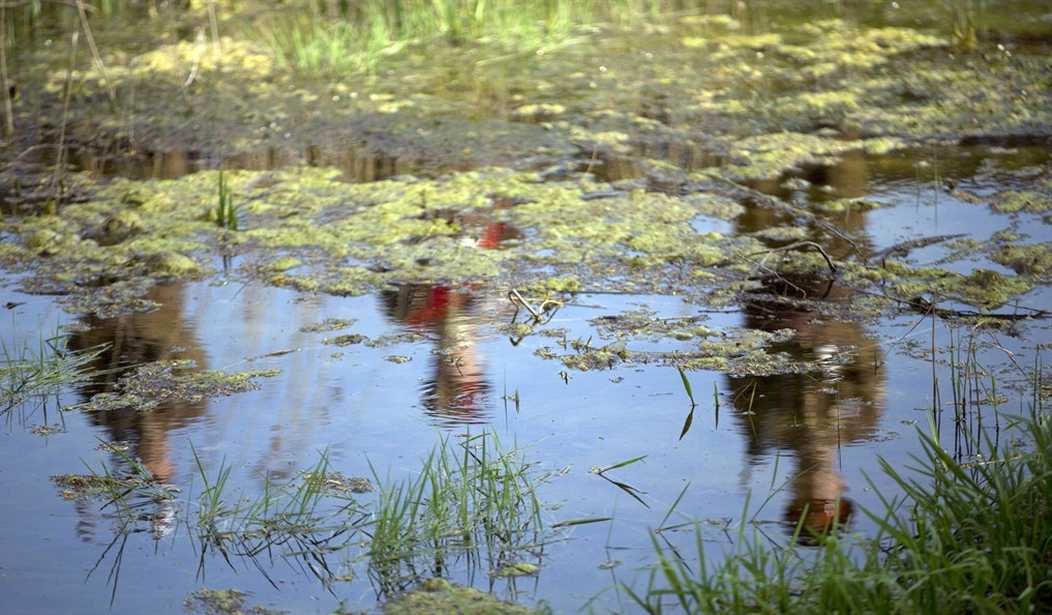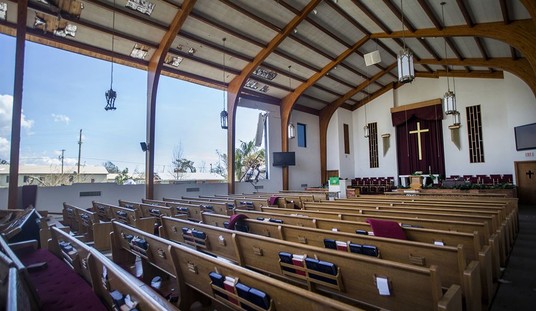The British Isles have pretty much wiped themselves clean of every form of ranging wildlife they once had. Nothing roams the few forests you can find, or the denuded hills, that will scratch or bite or plain maul you to death – well, anything that’s furry and four-footed, that is. So I am assuming that’s where this heavy-handed focus on one of the few remaining native species they have comes from. To wax poetic over a slimy tove…how British. They are mad about the great crested newt.
Britain is not blessed with an abundance of amphibians. There are just seven native varieties. The loss of ponds – whether in gardens, farmland or in areas earmarked for development – has seen a dramatic decline in habitat for one of the seven in particular, the great crested newt (or GCN for short). Its rarity means it is protected by law, making it an offence to kill, injure or capture one, or damage its habitat.
That is why for construction firms, road builders and, most recently, Boris Johnson, no newts is good news. The discovery of GCNs at Johnson’s Oxfordshire pile meant planning permission for a swimming pool was refused. A couple of years earlier, as prime minister, Johnson had decried the ‘newt counters’ responsible for holding back the development of homes across the UK.
But they are crazy over them and they’re not cute. Kind of homely, in fact.
Wonderful highlight of the weekend. Juvenile great crested newts (surveyed under licence). They look like the cutest little dragons pic.twitter.com/UraUDaMMku
— Nicole Digruber (@DigruberNicole) August 15, 2023
Thanks to the loss of the traditional, ubiquitous British bogs and ponds that dotted rural landscapes, which now being eaten up by housing tracts and development in general, the crested newt population – according to those in the know – has dropped precipitously. The government has taken an active role in protecting the amphibian – you’d best newt mess with one or the consequences can be severe.
I’m newt kidding.
….The tiny amphibian has a protected status here because its population is shrinking. Purposely killing a crested newt or destroying its habitat can result in a six-month jail sentence and unlimited fine. So before anything is built, Britons must be sure the area is newt-free and no newt home is harmed, a process that can take months and cost thousands of pounds.
Johnson once railed against “newt counting” as a symbol of excessive red tape hampering Britain’s notoriously slow housing developers. But when his plan to build a swimming pool at his Oxfordshire manor was recently delayed because it might disturb newts that might be in his nearby moat, Johnson offered to roll out the red carpet. He pledged to build a special pond, or, as he called it, “a newtopia,” to house them. He declined to comment further.
Money seems to be no object for enhancing the short lifetime of these treasured residents. If a former prime minister can create a “newtopia,” why the National Trust can go him 8 times better,
The National Trust and FWAG SW have created eight new ponds for the rare and elusive great crested newts across South #Somersethttps://t.co/Bd5QMQ3hfA
— Lewis Clarke (@lewis_clarke88) August 16, 2023
Newtcestry.com is making a fortune off this endangered species business.
We've been waiting on Great Crested Newt DNA results from pond testing by @suffolkwildlife to see whether the fab pond they dug in our meadow was inhabited yet, but I think I accidentally found the answer under a rock today 😁😁😁 playing dead but v much alive juvenile! Wooooo! pic.twitter.com/rviXzZL6Wi
— Kirsty Logan 🍃💚🍃🌳🪗 (@RabbleChorus) August 20, 2023
No – I’m serious! The British government, with all their problems, recommends kits to – I can’t believe I’m writing this – test your pond water for newt DNA.
…The British government champions kits that detect DNA in pond water that it says can cut the red tape and find crested newts when they congregate during their breeding season. Annoyingly it means the tests must be completed between March and July as that is the only time the newts get it on, an elaborate ceremony which can include the small male newt tail-whipping his larger partner. “There are seasonal constraints,” says John Wenman, who runs an ecological consulting firm in Berkshire.
And this is just one example of the height of insanity the newts have driven people to.
…In 2018, a council in Nottingham tendered for a contract worth up to £40,000 to relocate some 40 newts from a construction zone. When developing the stadium for the 2012 London Olympics, newts on the site in east London were hand collected in special plastic bottles and moved elsewhere. In 2017 the U.K. government reported that a house builder once paid an average of £2,261.55, or more than $2,800, per relocated newt. “No newts is good newts,” said one headline in Building Magazine.
Someone should take a deep breath and do things in a logical fashion. Conservation is important, but holy moly.
I hope they get better.







Join the conversation as a VIP Member